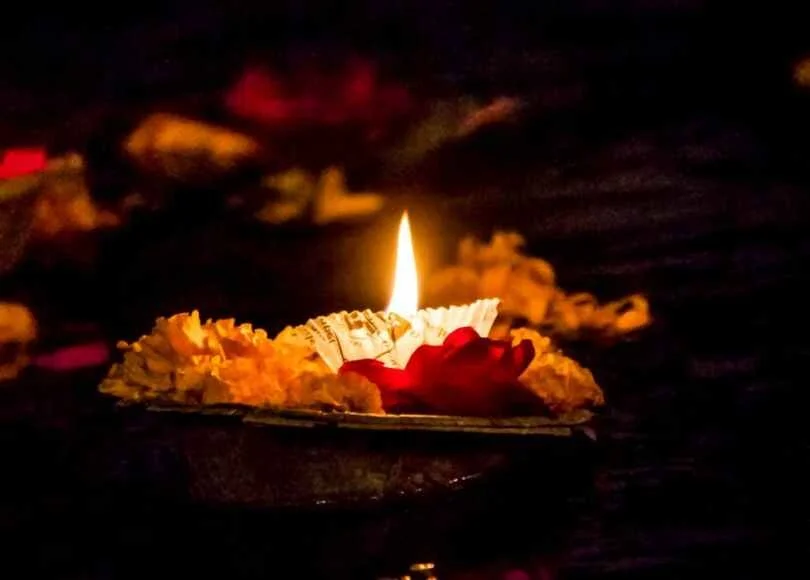We worship the consumer because the consumer is us. We consume constantly and obsessively. We buy clothes to the tune of $12 billion dollars a year, far more than is needed for our existence. We consume food and alcohol like no other country, spending thousands of dollars per a person. We consume thousands of hours of television and movies and video games a year. We buy furniture. We buy 75-inch TV’s not out of any sense of utility but because “why not?” We take lavish vacations we definitely cannot afford, maybe because we think we deserve it. (But I get the sneaking suspicion some of that is related to wanting to put those pictures on our Instagram or Snapchat stories.) We are on a neverending treadmill of consumption. Are we actually free any real sense if this is the case? Aren’t we just slaves to wage labor?
I tend to think so. I don’t see most people at peace. At least not the ones I see in therapy, which is admittedly as skewed sample size). I see anxiety and consuming and more anxiety and more consumption from the general population. And I see how we are more and more slaves to our phones. I don’t know if I realized this fully until recently but social media, while useful for keeping in touch with people, is hijacking our brains. As Sean Parker, a founder of Facebook has said about the platform he started, “It’s a social-validation feedback loop … exactly the kind of thing that a hacker like myself would come up with because you’re exploiting a vulnerability in human psychology.”






